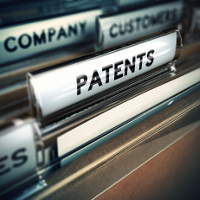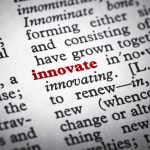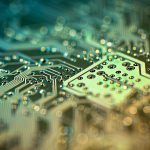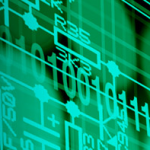The following post comes from Terence Yen, a 4E at Scalia Law and a Research Assistant at CPIP.
 By Terence Yen
By Terence Yen
In his new paper, Patent Eligibility and Investment, Professor David Taylor of the SMU Dedman School of Law explores whether the Supreme Court’s recent patent eligibility cases have changed the behavior of venture capital and private equity investment firms. Read more
 In Tuesday’s
In Tuesday’s  Following the Supreme Court’s four decisions on patent eligibility for inventions under
Following the Supreme Court’s four decisions on patent eligibility for inventions under  Today, there is significant public debate over patents on the digital processes and machines that comprise computer software programs. These are often referred to as
Today, there is significant public debate over patents on the digital processes and machines that comprise computer software programs. These are often referred to as